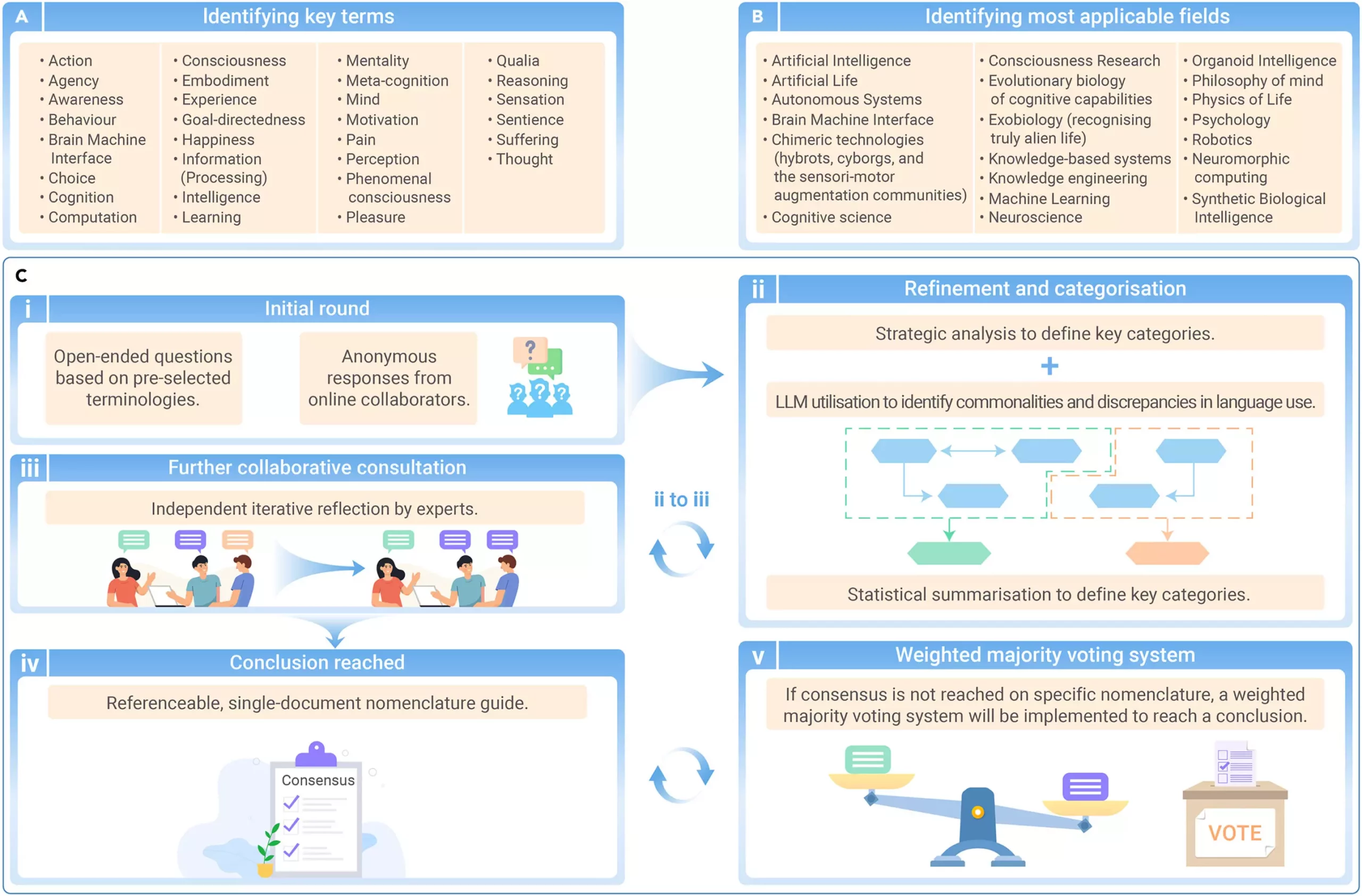A recent study led by Cortical Labs has brought together scientists, ethicists, and researchers from various countries to propose a unified language in the realm of AI and intelligent systems. This collaboration, involving experts from the United Kingdom, Canada, U.S., the EU, Australia, and Singapore, aims to address the growing need for consensus in terminology within the rapidly evolving field.
In the ever-expanding world of artificial intelligence and biologically inspired systems, there is a pressing need for a shared vocabulary. The use of terms such as Artificial Intelligence (AI), Large Language Models (LLMs), and biological intelligences can often lead to confusion and misunderstandings. As the field of intelligent systems continues to develop, it is crucial to establish a common language that all researchers can use.
Challenges in Defining Terms
Describing complex scientific phenomena can be a daunting task, especially when it comes to emerging technologies. The field of generally intelligent systems is rife with disagreements and uncertainties regarding the semantics used to describe these cutting-edge advancements. With multiple disciplines contributing to the development of intelligent systems, it becomes increasingly challenging to agree on standardized definitions.
The collaboration spearheaded by Cortical Labs seeks to engage researchers and scientists from a wide range of fields to develop a comprehensive nomenclature for intelligent systems. By involving experts from artificial intelligence, autonomous systems, consciousness research, machine learning, organoid intelligence, and robotics, the goal is to create a set of key terms that can be universally adopted.
Navigating the Complexities
The study proposed in The Innovation journal aims to provide a framework for defining terms in the realm of intelligent systems. By using a mixed method approach with a modified Delphi method, the collaboration intends to reach a consensus on terminology through strategic refinement and collaborative consultation. If agreement cannot be reached on certain terms, a weighted majority voting system will be implemented to ensure progress.
As the field of intelligent systems continues to advance, the need for a unified language becomes increasingly critical. By establishing clear and precise terminology, researchers can enhance communication, facilitate interdisciplinary collaboration, and pave the way for further innovation in the field. Collaborative efforts such as those led by Cortical Labs are essential in shaping the future of diverse intelligent systems.


Leave a Reply
You must be logged in to post a comment.